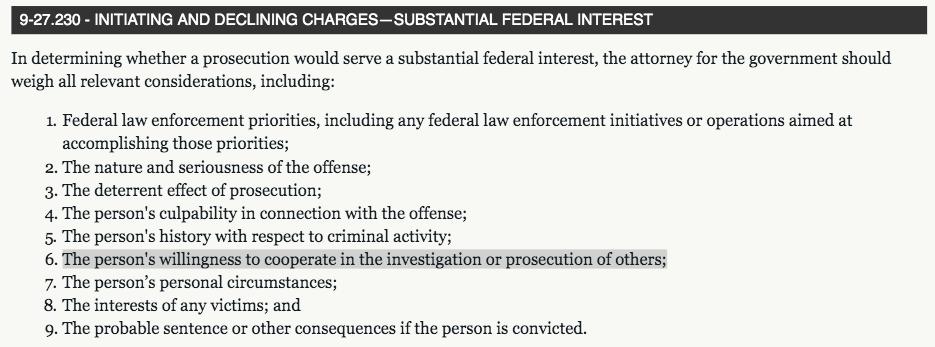x += y;
This looks like addition, but it's not. That's because they aren't "numbers" but "32-bit unsigned integers". The operation can overflow.
(gᵃ mod p)ᵇ mod p = gᵃᵇ mod p
But also:
gᵃᵇ = gᵇᵃ
Hence:
(gᵃ mod p)ᵇ mod p = (gᵇ mod p)ᵃ mod p
(gᵃ mod p)ᵇ mod p = (gᵇ mod p)ᵃ mod p
Both sides have come to the same result, the agreed upon key, with the hacker being able to figure this out.






